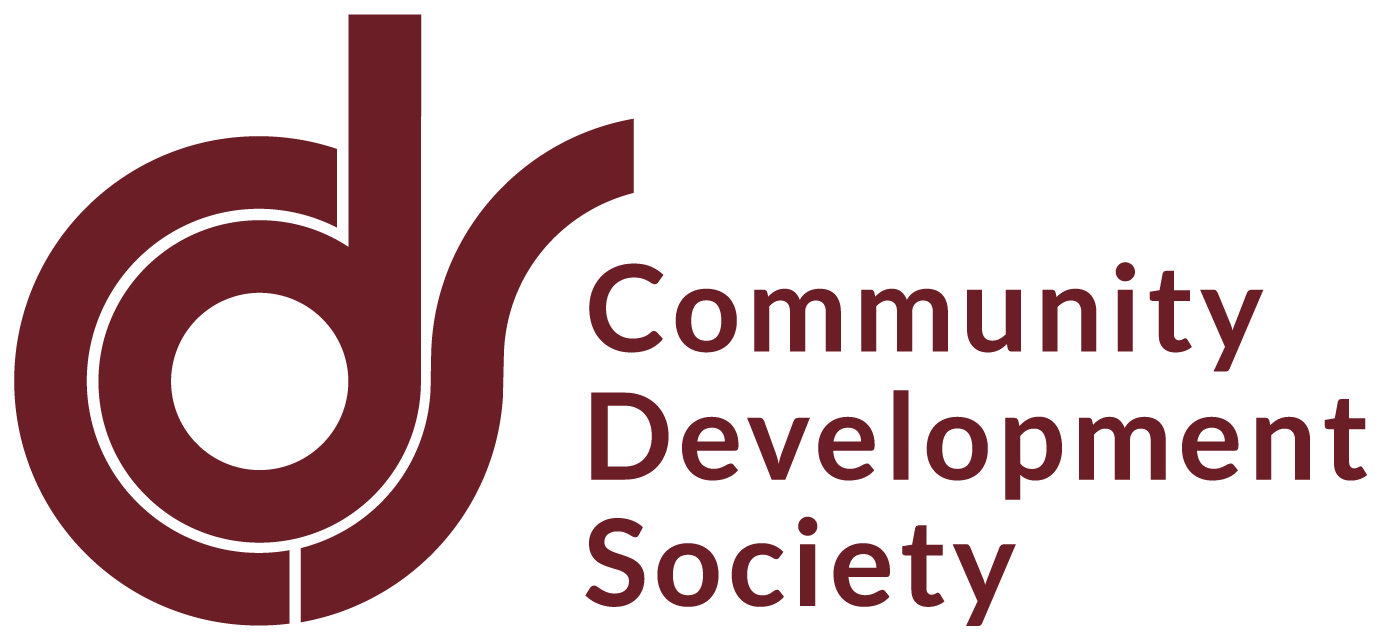View of the Field
CDS views community development as a profession that integrates and applies knowledge from many academic disciplines. CDS sees community development theory, research, teaching, policy, and practice as important and interdependent contributions to both public and private sectors.







